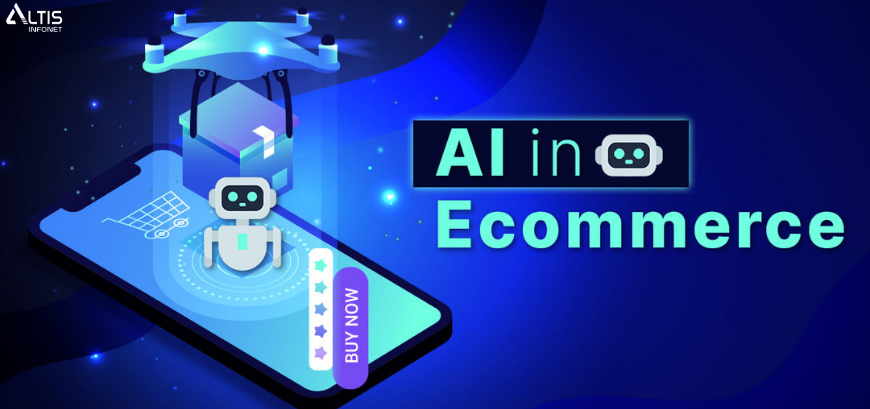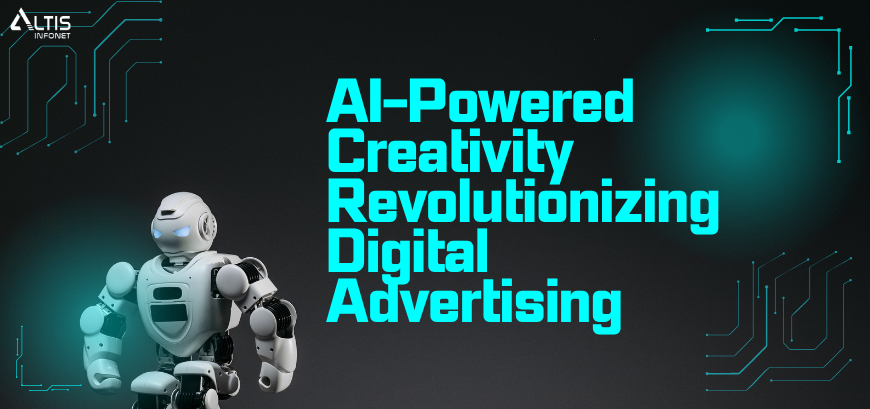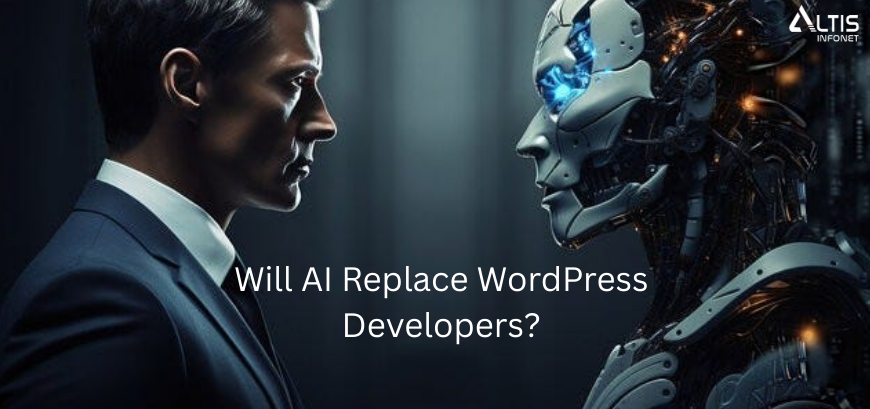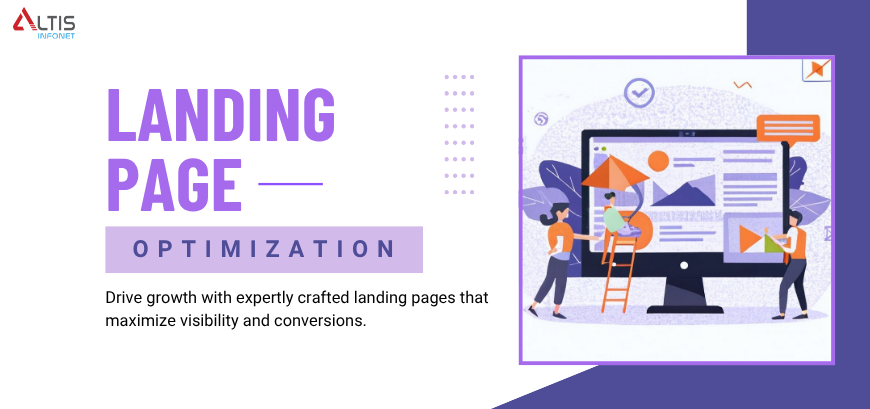The digital marketing landscape is in constant flux, but the current wave of transformation, driven by Artificial Intelligence (AI), feels less like an evolution and more like a revolution. We’ve moved beyond basic automation and personalization into an era where machines can understand, learn, and even anticipate consumer behavior with remarkable accuracy. This has given rise to a powerful new paradigm: Cognitive Marketing.
What is Cognitive Marketing?
Cognitive Marketing combines AI technologies such as machine learning, natural language processing (NLP), sentiment analysis, and predictive analytics to understand, interpret, and respond to human behavior. Unlike traditional marketing automation, which operates on pre-set rules, cognitive systems learn over time and make contextual decisions based on real-time data.
Think of it as marketing with a brain—one that can learn, adapt, and evolve with your audience. Think of it this way: traditional digital marketing often relies on demographic data, past purchase history, and explicit preferences. Cognitive marketing, however, delves deeper. It can analyze social media conversations to understand brand perception, process customer service interactions to identify pain points, and even analyze facial expressions in video content to gauge emotional responses. This rich, nuanced understanding allows brands to craft marketing messages and experiences that are far more effective and impactful.
Why Cognitive Marketing Matters Now
Modern consumers are more informed, more connected, and more selective than ever before. The classic one-size-fits-all approach no longer works. Personalization isn’t a luxury—it’s an expectation. And that’s where cognitive marketing stands out.
AI-powered systems analyze massive datasets across platforms to uncover deep insights about user behavior, preferences, and buying intent. These insights empower brands to craft hyper-relevant messaging, recommend the right products, and deliver them through the ideal channel—at the right moment.
The Power of AI in Fueling Cognitive Marketing:
Several key AI capabilities are driving this transformative shift:
- Hyper-Personalization at Scale: AI algorithms can analyze vast datasets to segment audiences into micro-groups with unprecedented granularity. This allows for the delivery of highly tailored content, product recommendations, and offers at the individual level, making each customer feel uniquely understood and valued. Imagine receiving a product suggestion not just based on your past purchases, but also on your current needs expressed in a recent social media post or a question asked to a chatbot.
- Predictive Analytics for Proactive Engagement: AI can identify patterns and predict future consumer behavior, enabling brands to proactively engage with customers at the right moment with the right message. This could involve anticipating a customer’s need for a replacement product, offering relevant content before they even search for it, or identifying potential churn risks and implementing proactive retention strategies.
- Enhanced Customer Understanding through NLP: Natural Language Processing empowers brands to analyze text and speech data from various sources – social media, reviews, customer service interactions, surveys – to understand customer sentiment, identify key topics of interest, and uncover hidden insights. This allows for more empathetic and relevant communication.
- Dynamic Content Optimization: AI can dynamically adjust content in real-time based on individual user behavior and context. This could involve changing website layouts, email subject lines, ad creatives, and even product descriptions to maximize engagement and conversion rates for each specific user.
- Intelligent Automation for Improved Efficiency: AI-powered chatbots and virtual assistants can handle routine customer inquiries, freeing up human agents to focus on more complex issues. This not only improves customer service efficiency but also provides valuable data on customer needs and pain points that can inform marketing strategies.
- Creative Content Generation: While still in its early stages, AI is beginning to assist with content creation, generating initial drafts of ad copy, social media posts, and even blog articles. This can significantly speed up content production and allow marketers to focus on strategy and refinement.
A New Paradigm for Strategic Brand Growth:
Cognitive marketing isn’t just about optimizing campaigns; it represents a fundamental shift in how brands approach strategic growth:
- Building Deeper Customer Relationships: By understanding customers on a more profound level, brands can build stronger, more meaningful relationships based on trust and genuine connection. This fosters loyalty and advocacy, driving long-term growth.
- Improving Customer Experience: Personalized and relevant interactions lead to a significantly enhanced customer experience. When brands anticipate needs and provide value at every touchpoint, customers are more likely to be satisfied and return.
- Driving Innovation: The insights gleaned from cognitive marketing can inform product development and service innovation. When brands identify emerging trends and unmet consumer needs, they can develop products and services that deeply connect with their audience.
- Optimizing Marketing ROI: By delivering more targeted and effective campaigns, cognitive marketing helps brands maximize their marketing spend and achieve a higher return on investment.
- Gaining a Competitive Advantage: In an increasingly crowded marketplace, brands that effectively leverage cognitive marketing to understand and engage their customers will gain a significant competitive edge.
Navigating the Challenges and Embracing the Future:
While the potential of cognitive marketing is immense, there are challenges to navigate. Data privacy concerns, the need for skilled talent, and the ethical implications of using AI in marketing are crucial considerations. Brands must prioritize transparency, responsible data handling, and a human-centric approach to ensure that cognitive marketing enhances, rather than detracts from, the customer experience.
In conclusion, “Cognitive Marketing in the Age of AI” is more than just a trend; it’s the future of strategic brand growth. By embracing the power of AI to understand and connect with customers on a deeper, more human level, brands can unlock unprecedented opportunities for personalization, engagement, and ultimately, sustainable success in the digital age. The paradigm has shifted, and those who embrace this cognitive revolution will be the leaders of tomorrow.
Seeking an Outcome-Oriented Digital Marketing Firm?
Altis Infonet Pvt Ltd is a Web Development and Digital Marketing company with a focus on client servicing through knowledge-based solutions. Our team of experts will help make your digital dreams come true!





